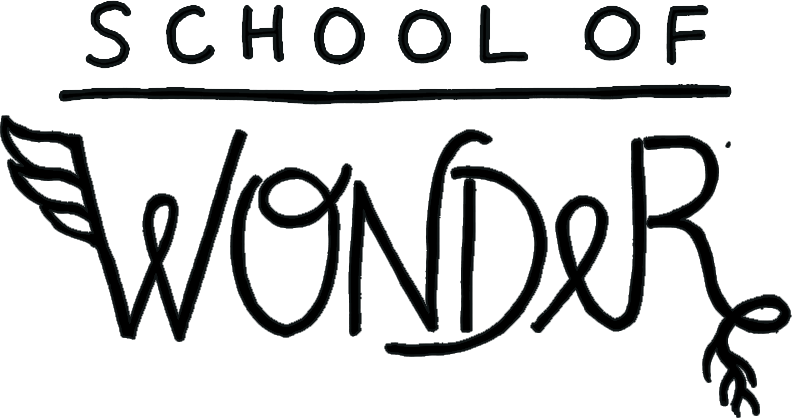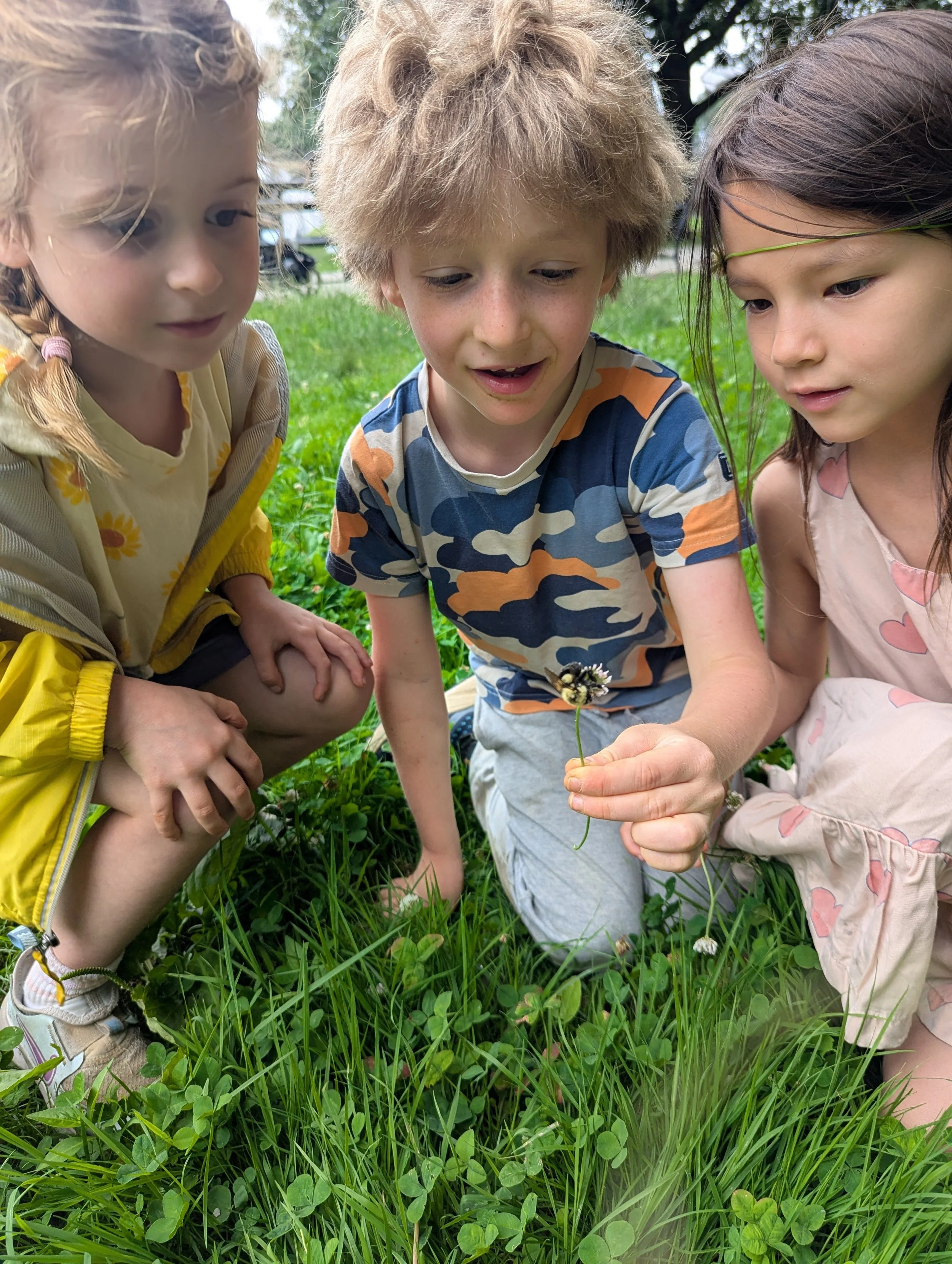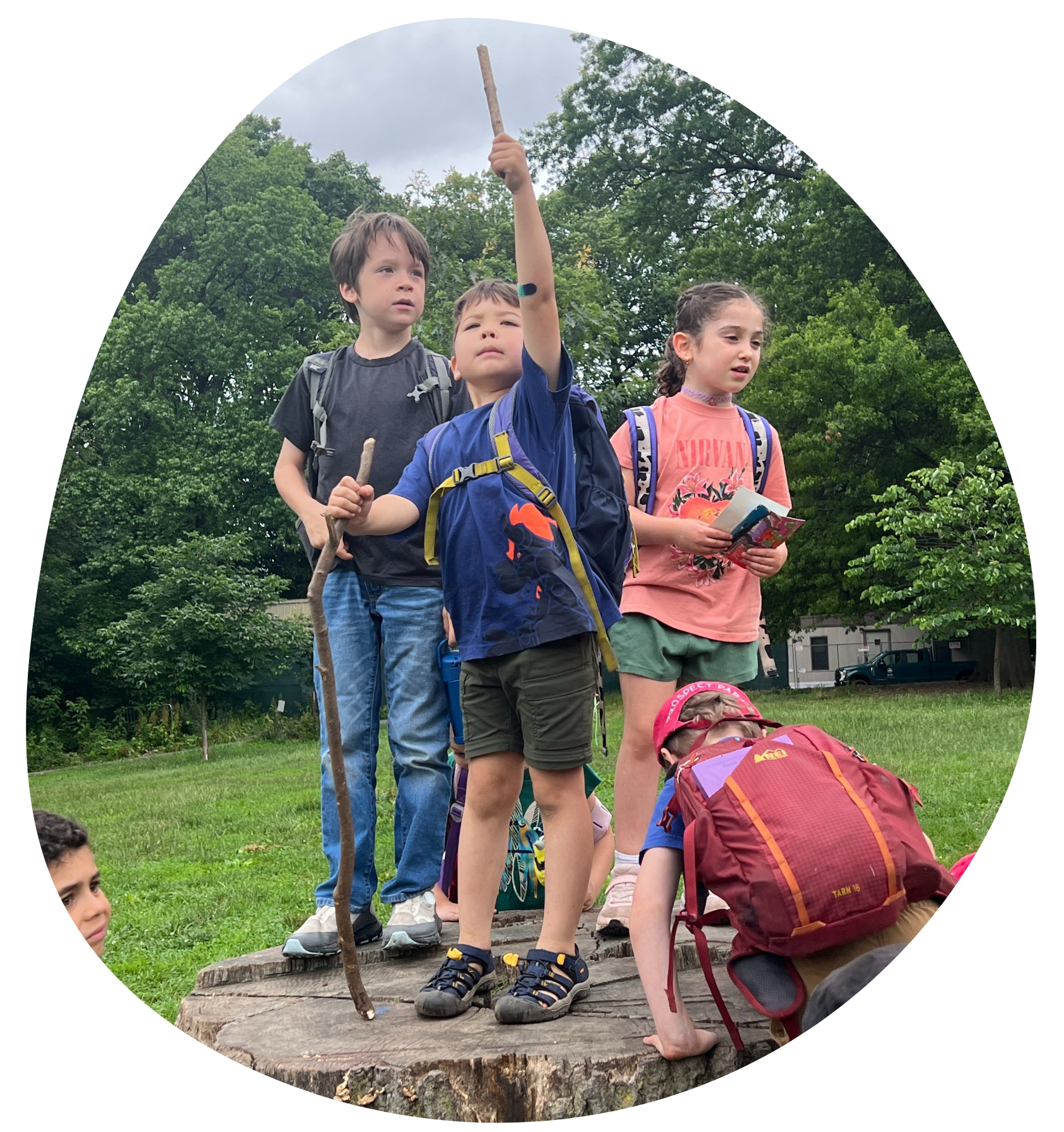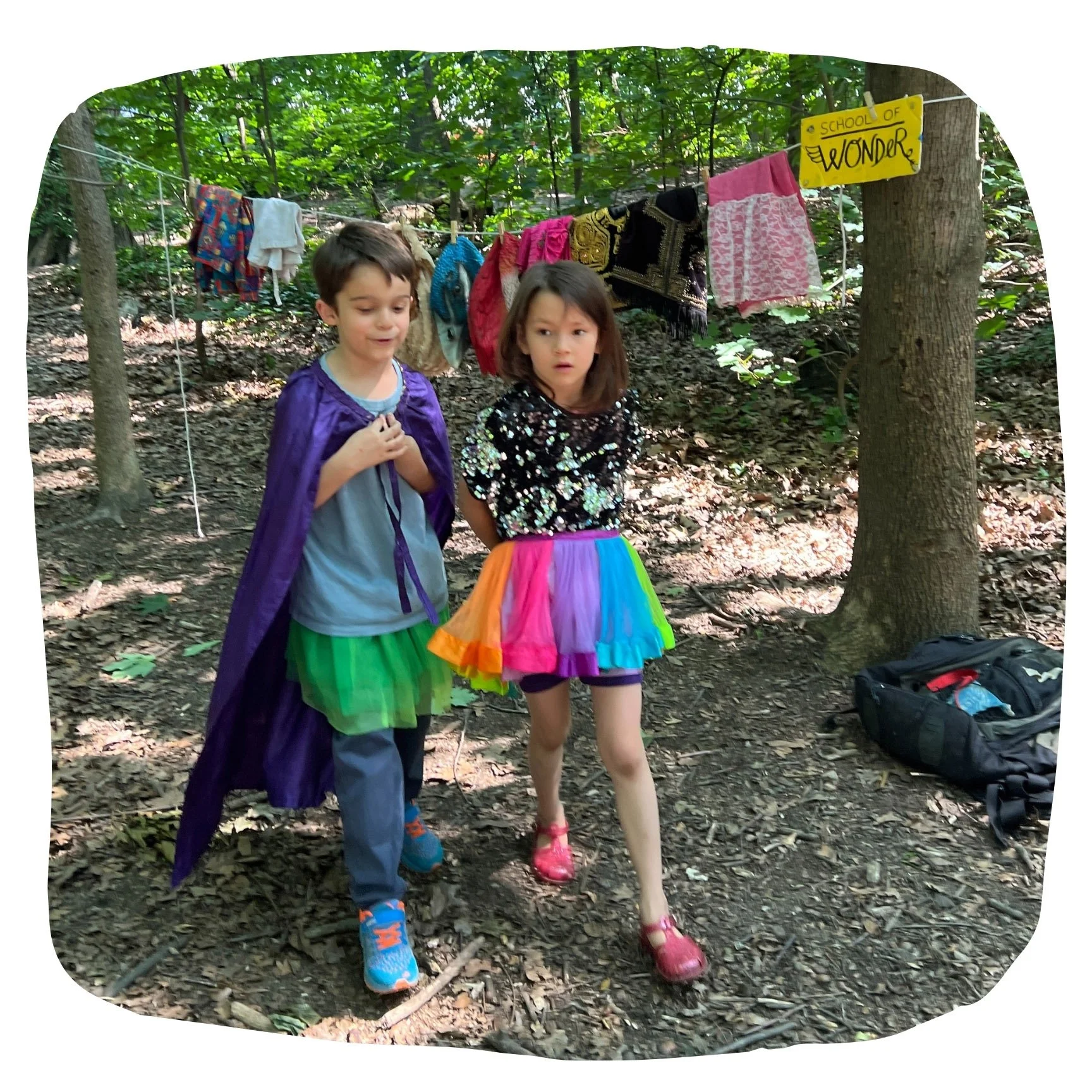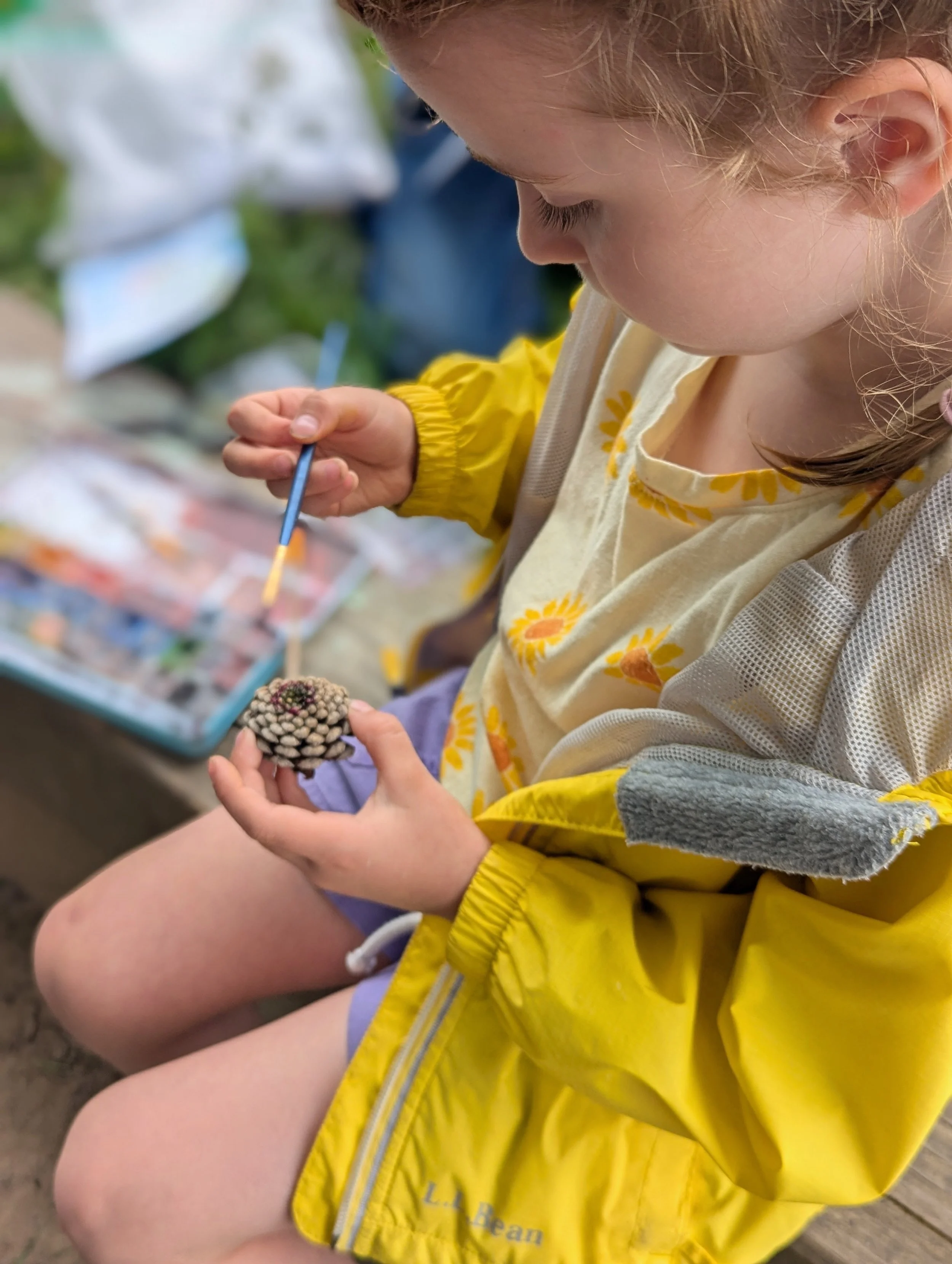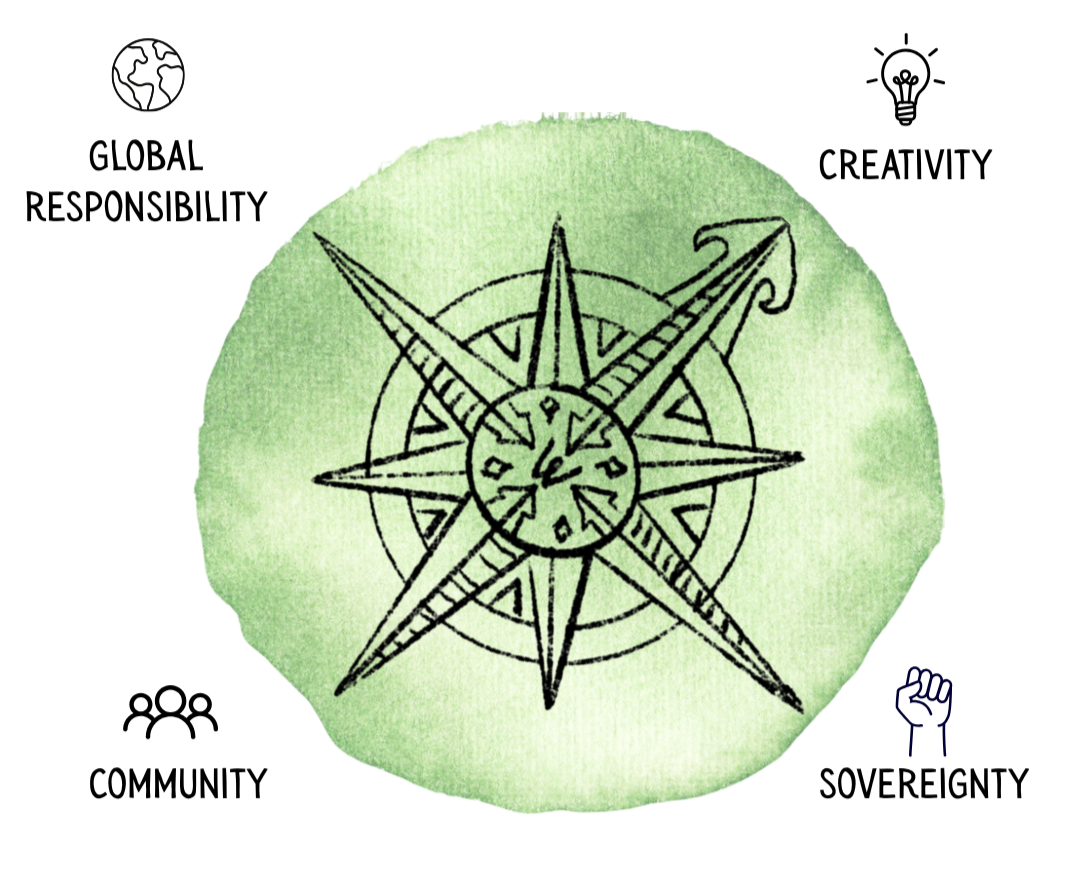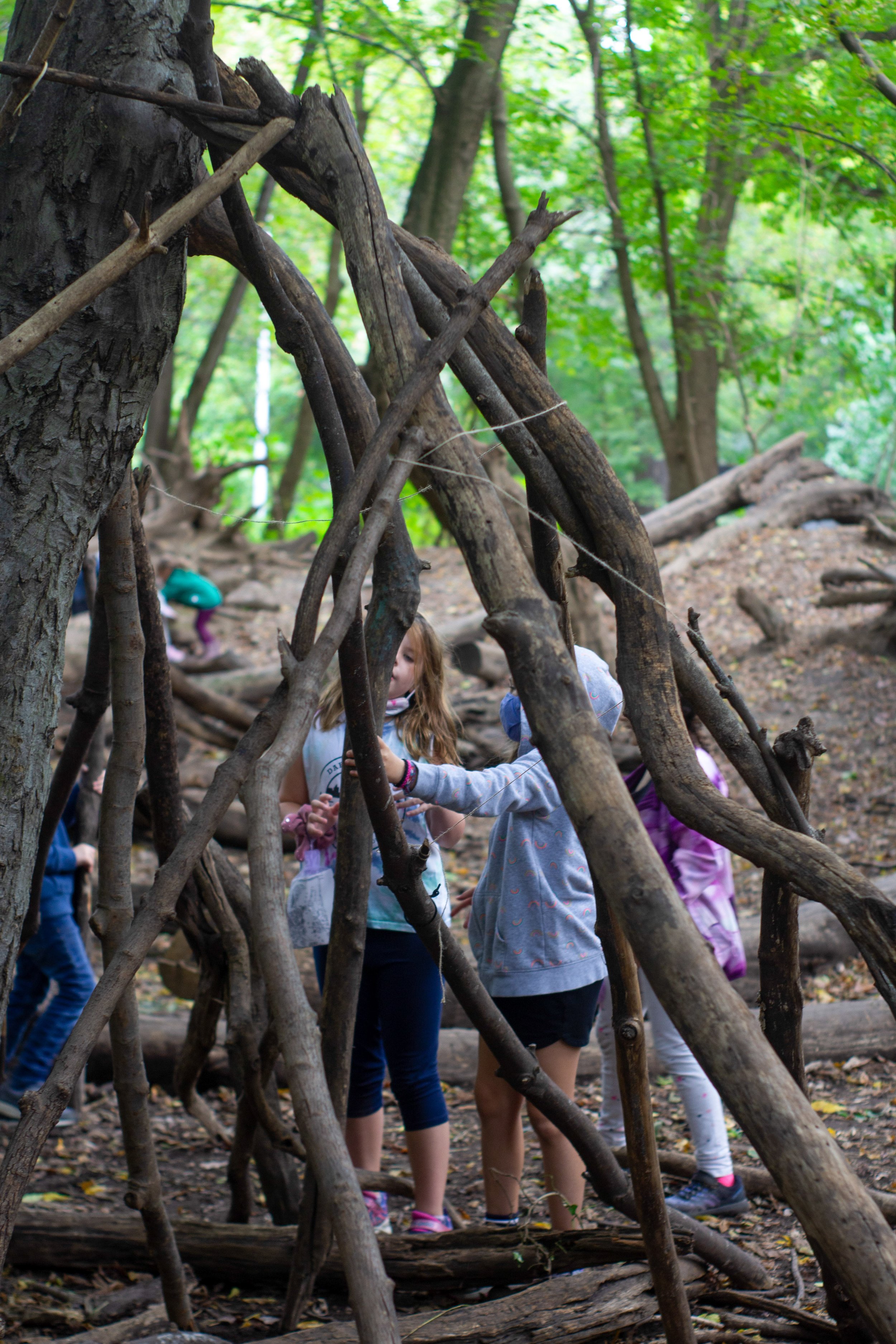
wonderers
Grades K-2
Exploring the Wonders of Planet Earth, Gaia
Who are THE wonderers?
In the Wonderers program, children in grades K–2 embark on playful adventures sparked by mysterious letters from Gaia—a fictional figure inspired by Mother Earth.
Each letter invites them on a mission: to explore the park’s most magical corners during day camps, or to build, craft, and imagine new worlds in the Wonder Village during after school. Designed for kids beginning to move through the world with growing independence, Wonderers nurtures a sense of belonging, purpose, and joy in being part of something greater than themselves.
Mission-Led Adventures
Each day, Wonderers receive missions from Gaia—mysterious messages that spark their imagination and lead them into adventures in the park. These scrolls help children step into a shared story and becoming the protagonists of it together.
IMAGINATIVE PLAY
We set up the stations and kids do the rest! Wonderers can play freely in a landscape of costumes, fairy houses, watercolors, and a variety of creative stations. They practice sharing, taking turns, listening and communicating as they begin to form trusting friendships.
THE WONDER OF THE REAL WORLD
“Do you want to learn how I design my creatures?” - asks Gaia in one of the mysterious scrolls we find that introduces a hands-on activity about the fractal shapes in the leaves.
Our missions invite kids to engage with nature and people in both imaginary and real ways, planting seeds of curiosity that may grow into deeper explorations. They share this wonder by conducting interviews with parkgoers, foraging plants to make a potion, or hosting a festival in the middle of the park to show what they’ve learned.
What wonderers learn
The Wonder Compass is our learning framework, consisting of 4 areas of personal growth that guide our learning goals at each developmental stage. Here’s what those goals look like for Wonderers (early childhood):
-
By the end of the this stage, Wonderers:
Explore singing along, watercolors, dance, theater, puppets
Build little worlds and fairy houses
Explore crafts with different materials (watercolor, clay)
Role play stories with other kids
Create characters with costumes
Solve imaginative problems in their stories
Follow curiosity
Build some small constructions
Identify landmarks on maps
Make inferences based on pictures
Are comfortable with long nature walks
-
By the end of this stage, Wonderers:
Carry their own backpacks
Are responsible for their belongings
Stay within the boundaries
Stay with the group
Express how they feel and accept help in regulating
Listen to "stop"
Identify when they are hungry, thirsty, or need to use the restroom
Introduce themselves to the team
Say " stop" when needed
Choose what they want to play
Engage in missions and activities
Keep going even when things get hard
-
By the end of this stage, Wonderers:
Listen to leaders
Apologize when needed
Listen to other kids
Express how they feel
Share what they have
Check in with friends when prompted
Help other kids on the walks and in general
Accept other kids in their group
Can interact with strangers in the company of a leader
Recognize that they are part of a larger community (i.e. neighbors, park rangers, etc)
-
By the end of this stage, Wonderers:
Observe animals and nature with respect
Pick up trash
Recycle or reuse
Play with some words in other languages
Understand that different kids have different realities (lives, rituals, toys)
Understand that there are people who lived before us and people who will leave after us
Understand and put in practice the 5 Wonder Ways: we care, we share, we listen, we play we repair
Want to help the world
current offerings for wonderers
Our registration system uses Sawyer. Please choose your camp dates here below. If you have any questions, do not hesitate to email us at hola@theschoolofwonder.com
PLAY-BASED EDUCATION
Our arts-integrated adventures are designed to foster emotional intelligence, STEAM skills, and a sense of wonder, preparing children to become creative, compassionate and committed global citizens of the 21st century.
